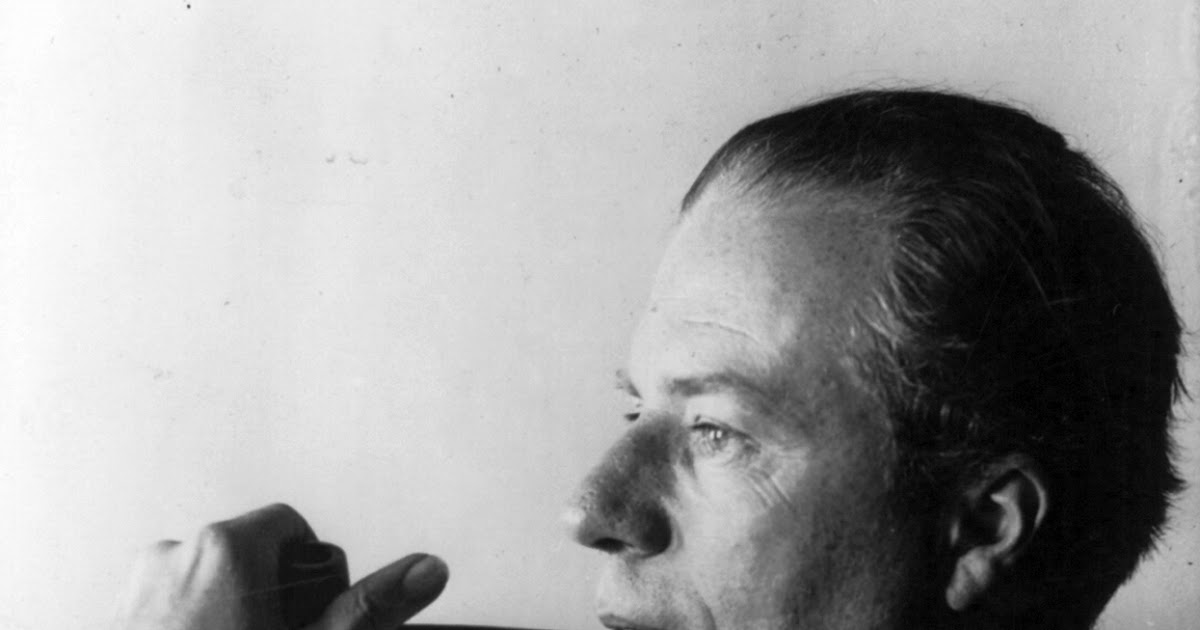

This is an old-fashioned, sweet novella published in 1917, about a self-described "fat old woman" (she's only 39) who's never done anything but work as a governess and, later, cook and keep house for her bachelor brother, Andrew. A nice book to read curled up on the sofa with a cup of tea or a hot toddy to hand and nothing to do for hours and hours. Each rather obvious episode gives warning of what is to come next and the whole thing unfolds in a pastoral, slower-times, comfy, apple-pie kind of way. Beautifully-written without any suspense at all. The late Mike Landon would have been perfect casting.īrilliant, lovely, heart-warming book. All say ahhhhh.Ĭan't you just see it? It was just made for tv. The inevitable marriage and then the final winning over the brother.

The stranger with a get-out-of-jail-free-card. A bank scene, an arrest, and a false imprisonment. Drama over the cheque for payment being cancelled by the pissed-off brother.ģ. The caravan being stolen and the bookseller turns out to be handy with his fists.ģ. She's a bit of a disappointed spinster who counts her successes in hens' eggs laid and wholesome loaves baked.Ģ. He is passionate about the ability of books to change lives for the better. He is a city man, a professor who wants to write a book. Much dialogue between the bookseller and the spinster laying out the history of their lives. So leaving a note for her brother telling him to look after himself, she closes the front door behind her, jumps on to the seat next to the bookseller and off they go. She jumps at the chance and deciding to spend her life savings and take over the business herself. He shows her his wonderful, magical wagon full of all the necessities for life on the road and shelves and shelves of books. He wonders if her brother, the famous author, be interested in buying it? He wants to leave bookselling to go back to the city to write his book. This is seriously annoying her.Ī travelling salesmen, selling books, comes to her door saying he is not just selling books but also his travelling bookstore.

While he swans around being famous, she is left at home running the farm. The woman and her older brother have been happily managing their isolated farm together until the brother publishes a book and its success makes him uppity in the extreme. They are wearing clothes of the era when cars and wagons shared the roads, 1917. On the open seat up front holding the reins is a cheery man of middle years with kind brown eyes who is laughing gently in a conversational kind of way with a fat, rather plain but very jolly lady. Rolling on the lane is a long gypsy-type wagon being pulled by a great big horse. It is a glorious morning on a deserted track somewhere in the rural Midwest. This is a pilot for a new feel-good tv series:


 0 kommentar(er)
0 kommentar(er)
